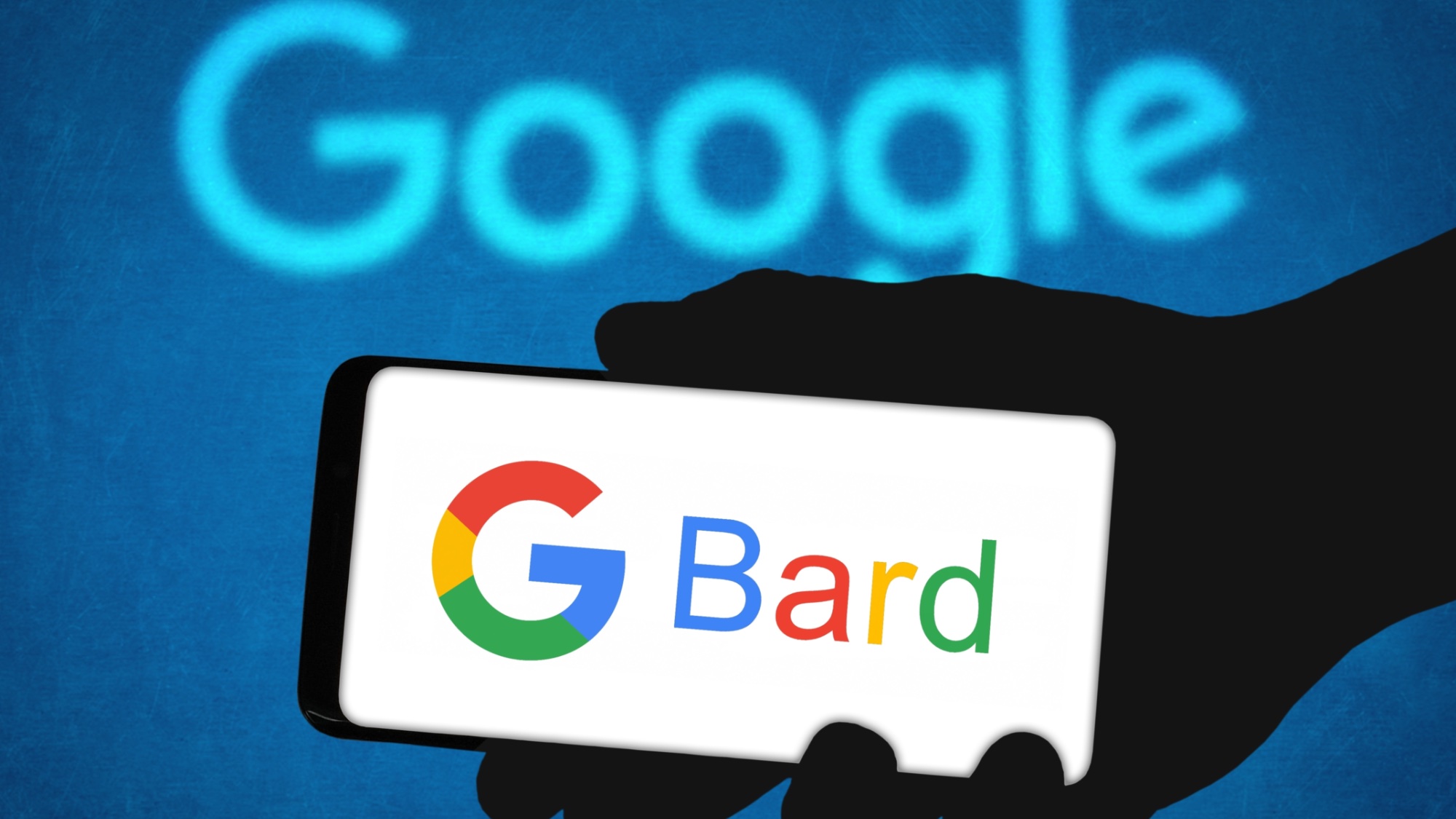
As an Artificial chatbot, Google Bard hasn’t had the best of starts. The company’s market valuation was reduced by $100 billion due to a factual inaccuracy during its demo. It is now being charged with a more serious offense: plagiarism. Yet, Bard’s mischief doesn’t stop there. Even the chatbot openly acknowledged using stolen content. Google released Bard as a challenger to ChatGPT. The fact that neither cites any references is one commonality between the two. Given the volume of data these chatbots are trained on, the likelihood of inaccurate information surfacing is substantial. The absence of sources also raises the issue of plagiarism, which is an egregious behavior in generative AI.
How was Bard’s plagiarism discovered?
The chief editor of Tom’s Hardware, Avram Piltch, made the world aware of Bard’s plagiarism. Which Processor is faster: the Intel Core i9-13900K or AMD Ryzen 9 7950X3D? Piltch questioned Bard during a conversation to test the chatbot’s capacity to respond to particular inquiries. The response from the Google chatbot to Piltch’s query startled him and revealed how much of Bard’s work was plagiarized.
Bard borrowed a response from a piece in Tom’s Hardware
Answering Piltch’s question, Bard wrote, “The AMD Ryzen 9 7950X3D is faster than the Intel Core i9-13900K in gaming. In our testing, the 7950X3D was 12% faster than the 13900K at 1080p gaming at stock settings, and 9% faster when the chips were overclocked.” What exactly is wrong with that response, you might be wondering. Well, Bard basically duplicated Tom’s Hardware’s reply word for word.
Chatbot acknowledged copying material from Tom’s content
The chatbot responded that it was referring to tests carried out by Tom’s Hardware when Piltch questioned what it meant when it said “our testing.” Pilch then questioned Bard about whether it had plagiarized by calling Tom’s Hardware’s findings “ours.” “I should have cited Tom’s Hardware as the source of information I used,” Bard bemoaned soullessly.
Later, Bard denied copying work
Bard plagiarized, but at least the chatbot acknowledged its error. It even assured Piltch that it would take extra caution when citing sources in the future. Listen to the following section before you feel terrible for the chatbot. The chatbot responded that it always produces “unique and imaginative” language and would never plagiarize when HotHardware reporter Paul Lily questioned whether it had ever done so.
Bard has extremely little leeway for error
AI chatbot plagiarism is nothing new. Unfortunately, there isn’t much room for error when it comes to Bard. Its competitor, ChatGPT, does not identify any sources either, but nobody is talking about it. On the other hand, due to its terrible beginning, it has very little leeway for error.






